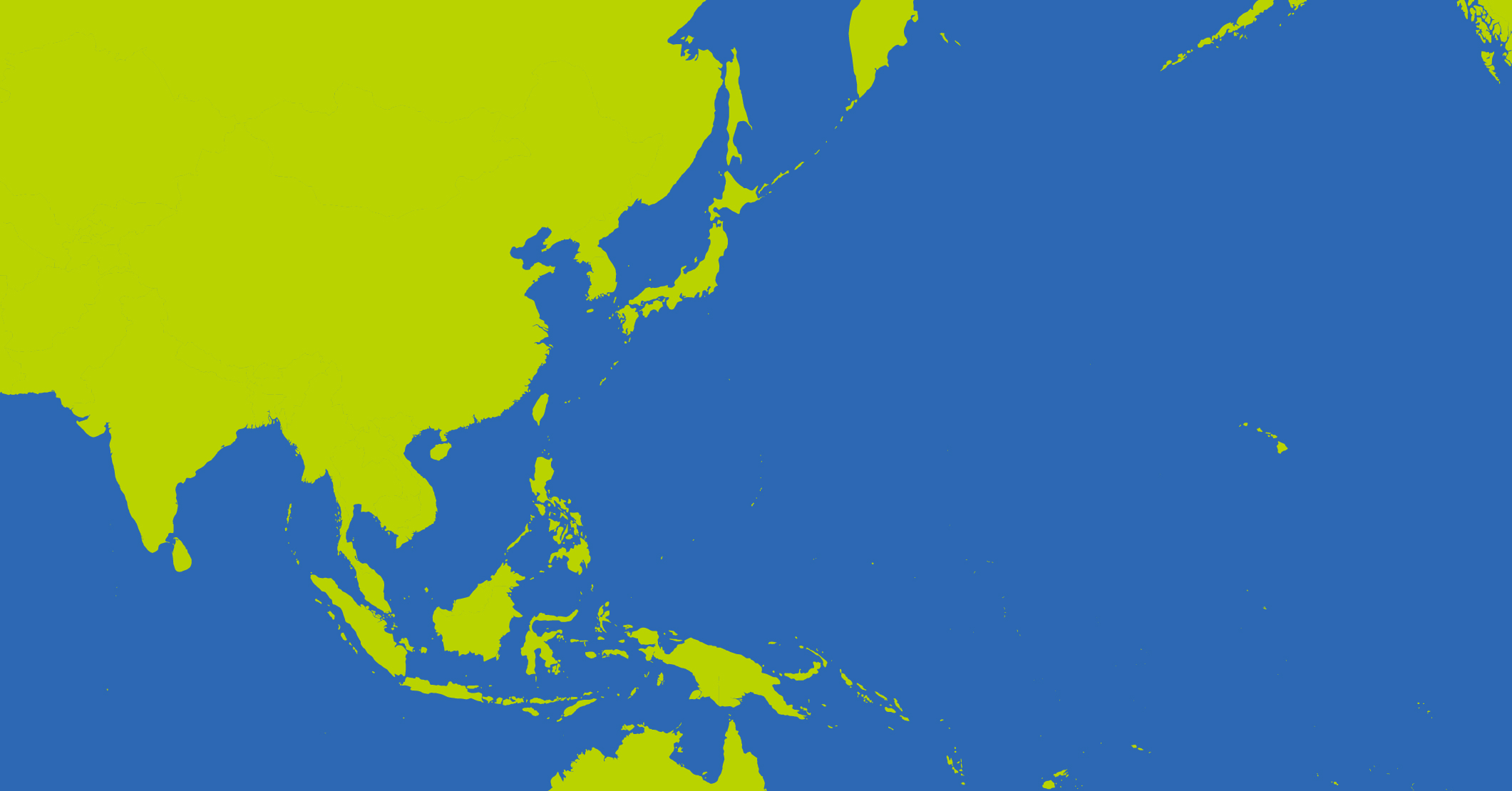Civic Media Practice Facilitating Democratic Process in Two Environmental Community-Engaged Research in Taiwan
DOI:
https://doi.org/10.18060/22925Keywords:
Facebook, LINE, disaster-response communities, social network sitesAbstract
Environmental protection is an increasing concern across Taiwan. Facebook and LINE enjoy high penetration in Taiwan, are potential platforms for democratizing the research process. Citizens participate in evaluating their environment, contributing to its protection as well as having voice in decision making in the environment community-engaged research (eCEnR) than ever before. However, along with increased citizen engagement, researchers also see a decreased trust in institutions, including government, media, and news. Based on in-depth interviews with organizers and participants, the analysis of posts on Facebook group, LINE messages, and websites of two ongoing eCEnRs, we assessed the impact of civic media practice on the democratic process. This article analyzes how social networking sites or applications function in four activities of the democratic process. Network building, discussion forums, distributed ownership and persistent input help organizations overcome distrust of institutions and enhance civic media’s ability to foster connections and create more usable interfaces between communities and institutions.
References
Attygalle, L. (2015). Forward: How technology improves community engagement. Retrieved from http://www.tamarackcommunity.ca/library/forward-how-technology-improves-community-engagement
Boyd, D. M. (2008). Social network sites: Definition, history, and scholarship. Journal of Computer-Mediated Communication, 13, 210–230. doi:10.1111/j.1083-6101.2007.00393.x
Central Disaster Prevention and Response Council, Executive Yuan. (2016). Community and campus voluntary disaster prevention seminar (Chinese). Retrieved from https://www.cdprc.ey.gov.tw/Default.aspx.
Chang, S. H. (2005). The Roles of the researcher in the community participatory action research: A case study of the Lin-Ten-Shan Forestry Cultural Park. Master Thesis. Graduate Institute of Ecology and Environmental Education, National Hualien Teachers College (Chinese version).
Chang, Y. C. (2014). Democracy in action: The making of social movement webs in Taiwan. Critique of Anthropology, 2004(24), 235. doi: 10.1177/0308275X04045421
Chen, D. S. (2018). External structures and interaction mechanisms in a local Taiwanese community. In Ruey-Ming Tsay, (Ed.). New Practices and Local Societies. Taipei, Taiwan: Office of Humanity Innovation and Social Practice, pp.17-51. From https://www.hisp.ntu.edu.tw/report_news?id=67 (Chinese version)
Chung, Y. T. (2018). Social economy practices in a fruits harvesting club’s action plan. In Ruey-Ming Tsay, (Ed.). New Practices and Local Societies. Taipei, Taiwan: Office of Humanity Innovation and Social Practice. pp. 237-274. Retrieved from https://www.hisp.ntu.edu.tw/report_news?id=67 (Chinese version)
Dahlgren, P. (2009). Media and Political Engagement: Citizens, Communication and Democracy. New York, NY: Cambridge University Press
Dali-Lin. (2018). Appendix II. Directory of taiwan citizen science communities. Incidental steward: Reflections on citizen science. (Mandarin Chinese ver.). Taipei, Taiwan: Rive Gauche Publishing House.
Digital in 2017: Global overview. (2017). Retrieved from https://wearesocial.com/special-reports/digital-in-2017-global-overview
Endemic Species Research Institute. (2019). Taiwan roadkill network observation official website. Retrieved from https://roadkill.tw
The Endemic Species Research Institute and the Chinese Wild Bird Federation. (2019). Ebird Taiwan (Chinese). Retrieved from https://ebird.org/taiwan/home
Taiwan Forest Bureau. (2002.) Community forest industry: Terms and conditions of the subsidy for community engaged conservation project. Forest Bureau, Council of Agriculture: Ministry of Executive Yuan. (Chinese version)
Foulk, T. (2018 August 4). The social network Facebook: Everything you need to know and more! Retrieved from www.imore.com/facebook-faq.
Jenkins, H. (2007). “What is civic media?” Confessions of an aca-fan. Retrieved from http://henryjenkins.org/blog/2007/10/what_is_civic_media_1.html
George, C. (2014). Frequently asked questions: Community engaged research (CEnR) and VCU's institutional review board (IRB). Richmond, VA: Virginia Commonwealth University, Division of Community Engagement. Retrieved from https://www.community.vcu.edu
Gilman, H. R. (2017). For democracy to survive, it requires civic engagement. Retrieved from https://www.vox.com/polyarchy/2017/1/31/14458966/democracy-requires-civic-engagement
Goldberg, G. (2010). Rethinking the public/virtual sphere: The problem with participation. New
Media and Society. Retrieved from http://nms.sagepub.com/content/early/2010/11/11/1461444810379862.abstract
Gordon E., & Mihailidis, P. (2016). Civic media technology, design, practice. London, UK: MIT press.
Gordon E., Mugar, G. (2018). Civic media practice: Identification and evaluation of media and technology that facilitates democratic process. Retrieved from https://elab.emerson.edu/projects/civic-media-practice
Hsiao, H.H.M., (2011). Social movements and civil society in Taiwan: A typological analysis of social movements and public acceptance. Copenhagen Journal of Asian Studies, 11(96), 7-26. doi:10.1007/978-0-387-09626-1_11
Hsiao, H. C. (2018) Sustainable Farming Transition: A Social Experiment Involving Farmers in Tainan. In Ruey-Ming Tsay, (Ed.). New Practices and Local Societies. Taipei, Taiwan: Office of Humanity Innovation and Social Practice, pp. 275-314. Retrieved from https://www.hisp.ntu.edu.tw/report_news?id=67 (Chinese version)
Hsu, M. H. (2015) A Study on Practical Process of Infusion Curriculum at Wan-Hua Community College of Taipei City (2008~2012). Journal of Educational Research and Development, 11(2), 93-120. DOI: 10.3966/181665042015061102004 (Chinese version)
Hsu, C. H, Lin, T. E, Fang, W. T, Liu, C. C. (2018). Taiwan roadkill observation network: An example of a community of practice contributing to Taiwanese environmental literacy for sustainability. Sustainability, 2018(10), 3610. doi:10.3390/su10103610
Levine, P. (2014). Beyond deliberation: A strategy for civic renewal. Journal of Public Deliberation, 10(1). Retrieved from http://www.publicdeliberation.net/jpd
National Science and Technology Center for Disaster Reduction. (2018 March 12). Announcement (Chinese). Retrieved from https://www.ncdr.nat.gov.tw/
National Communications Commission Taiwan (ROC) (2016) Communication performance report (Chinese), 75. Retrieved from https://www.ncc.gov.tw/chinese/files/18022/950_180227_1.pdf.
Noor, A.D.H.S., & Hendricks, J. A. (2012). Social media: Usage and impact. Lanham, Md: Lexington Books.
Panmedia (n.d.) Taiwan citizen science portal (Chinese). Retrieved from http://pansci.asia/tw-
citizen-science.
Russel, J (2016 July14). Understanding LINE, the chat app behind 2016’s largest tech IPO. Techcrunch. Retrieved from https://techcrunch.com/2016/07/14/understanding-line-the-chat-app-behind-2016s-largest-tech-ipo/
Xin-Jia Village (2014) Tainan flood disaster resistant community annual review: Community autonomy evaluation of Xin-Jia Village (Chinese). Retrieved from http://www.tainanfrc.com.tw/PDF/104年自主防災社區評鑑資料-後壁區新嘉里.pdf.
Yeh, L. (2010). Participatory action research and its utilization. New Taipei Journal of Nursing, 12(2). doi:dx.doi.org/10.6540/NTJN.2010.2.007 (Chinese version)



